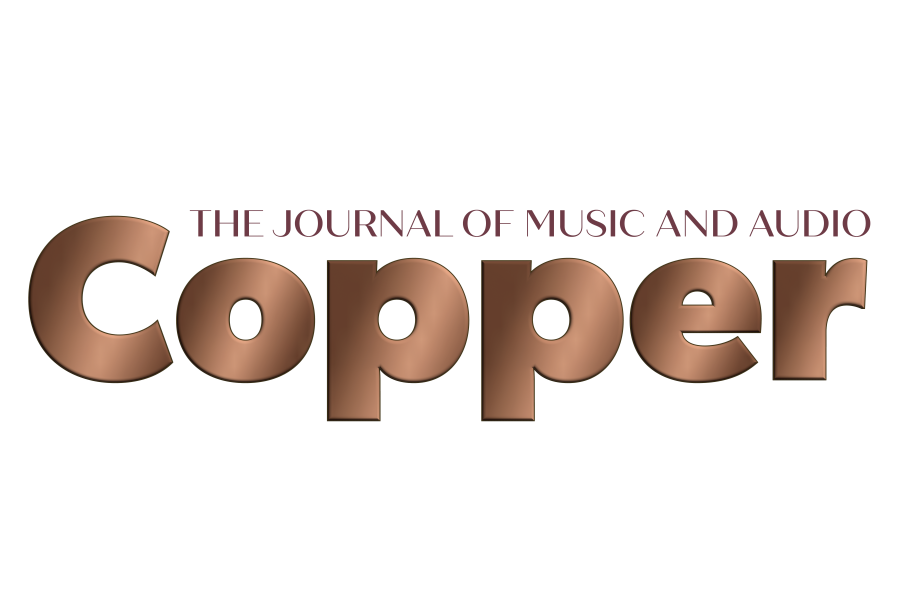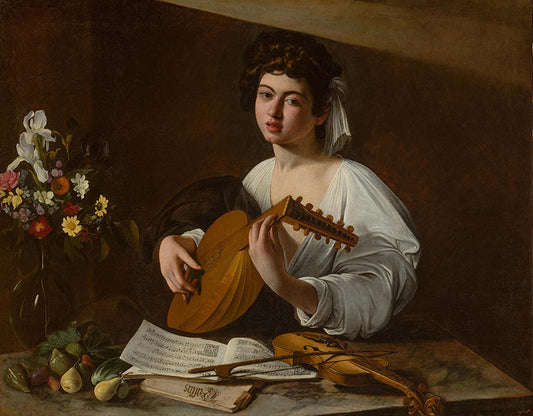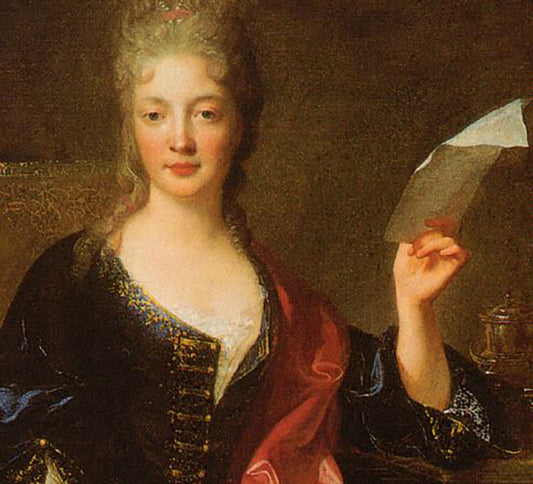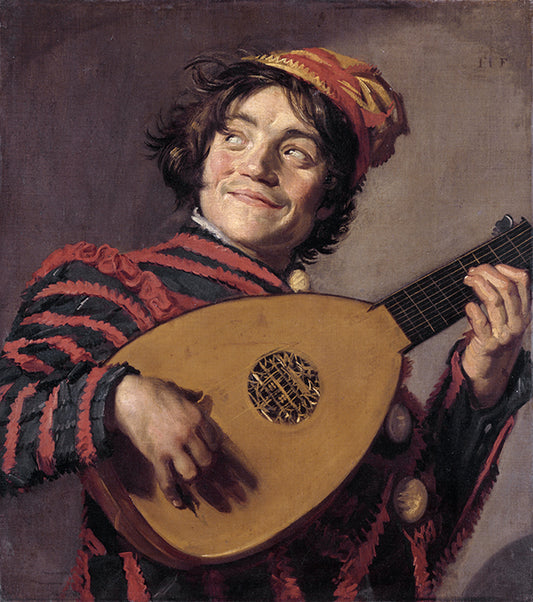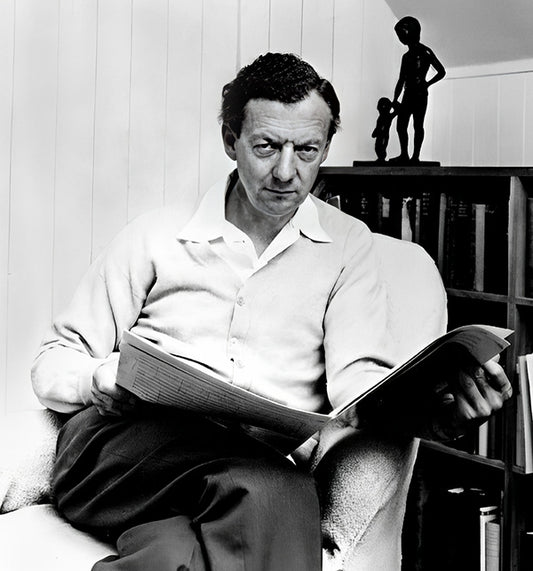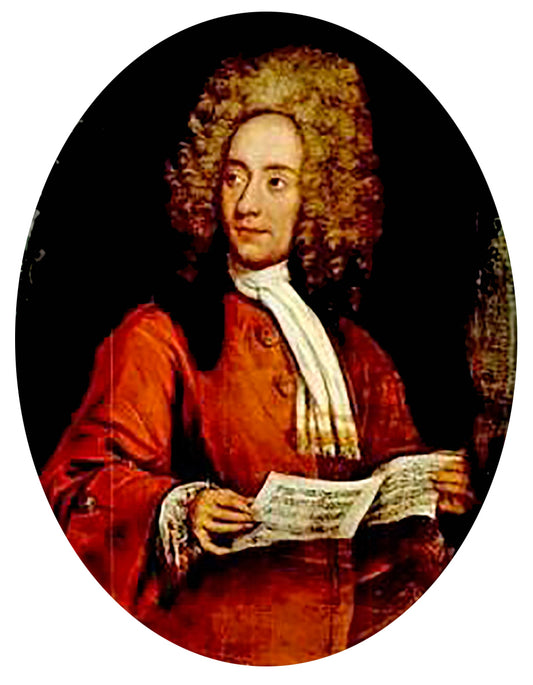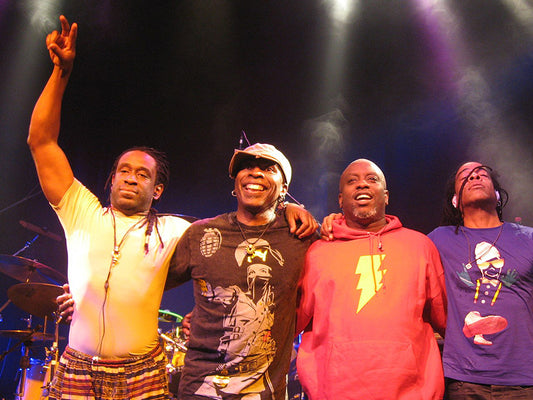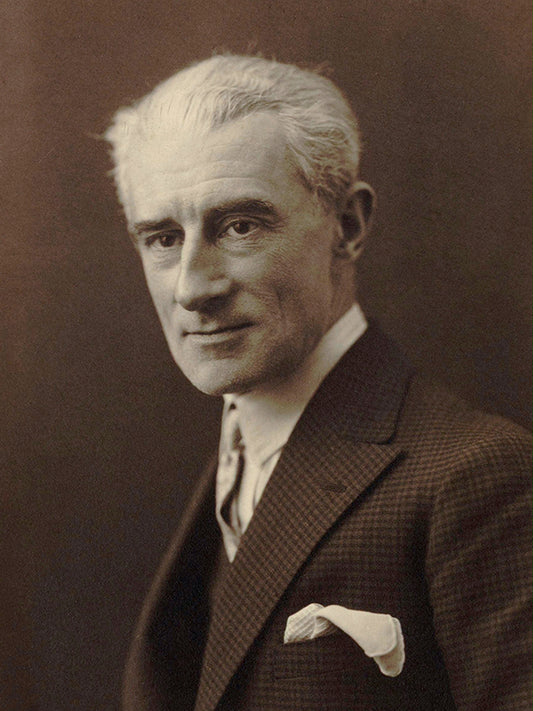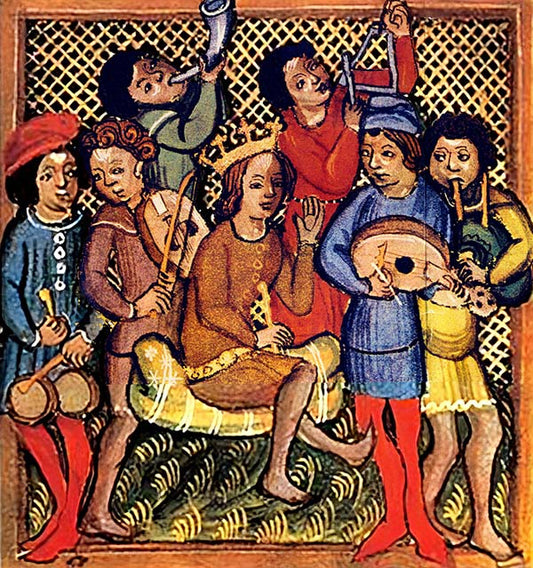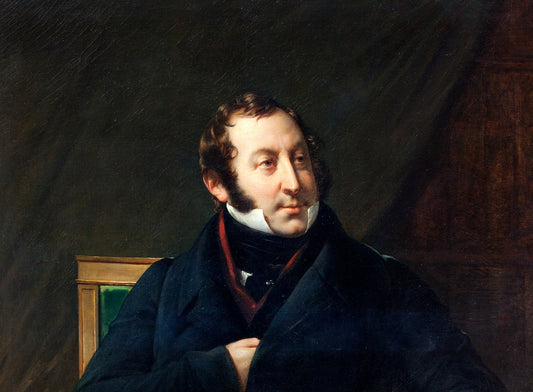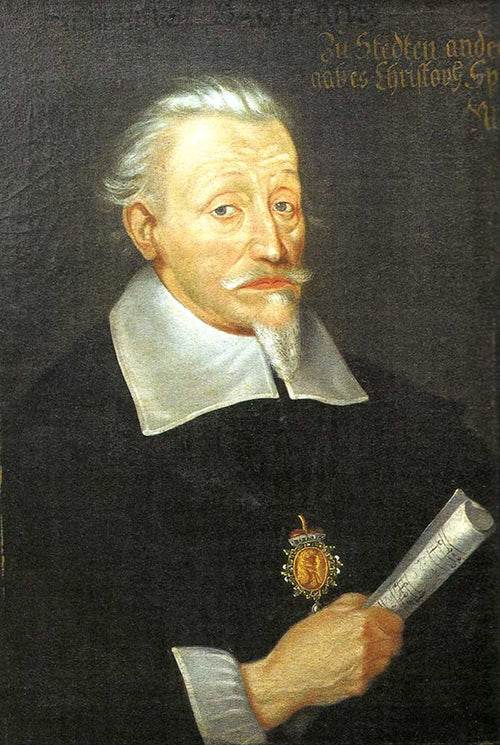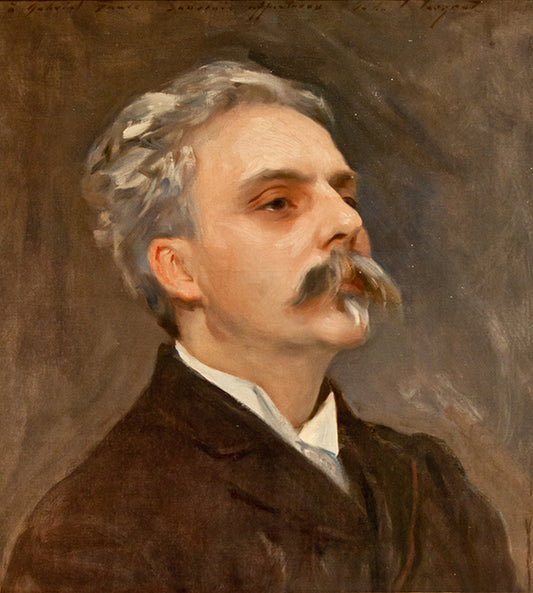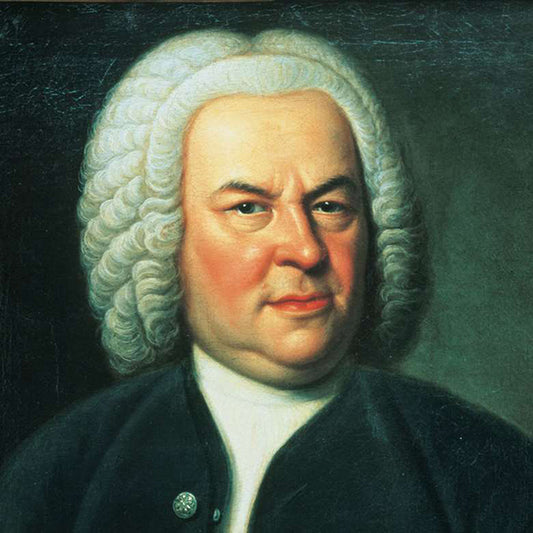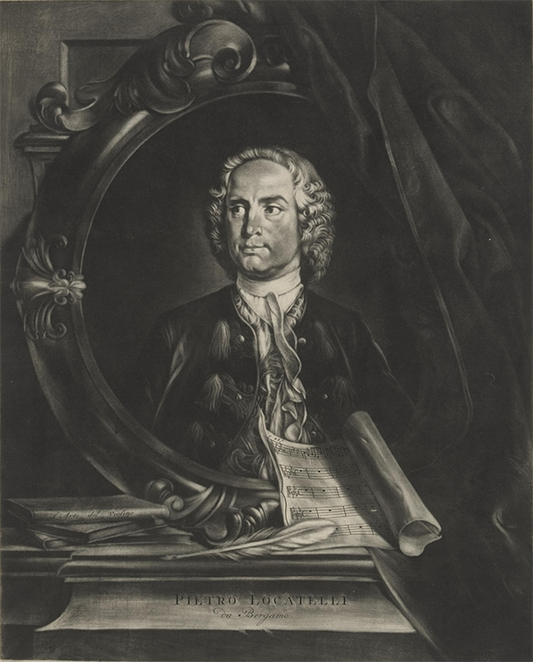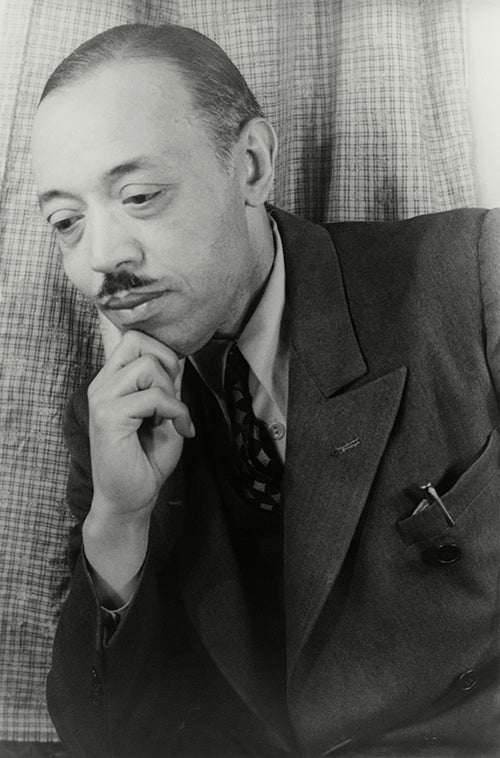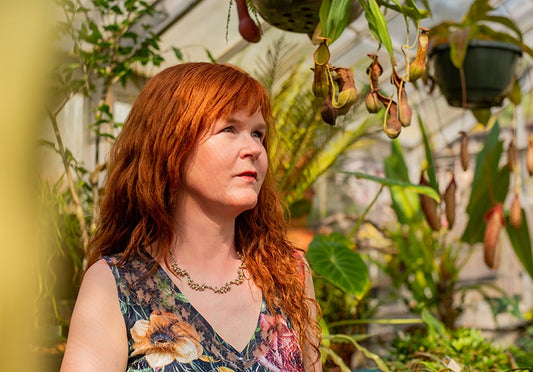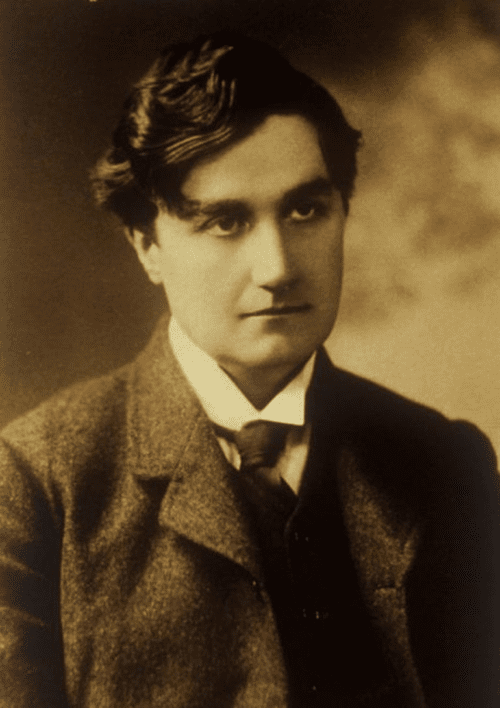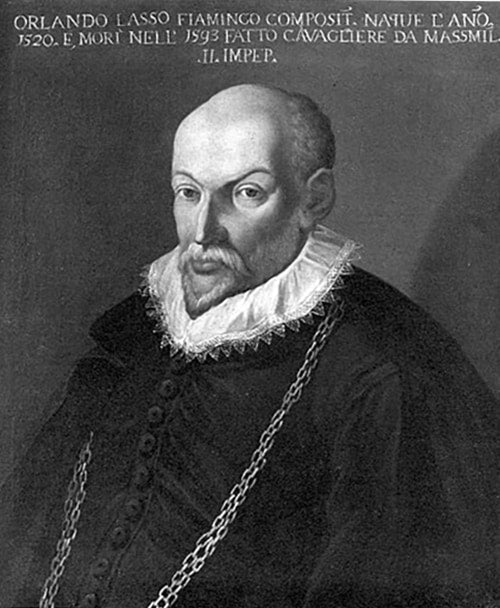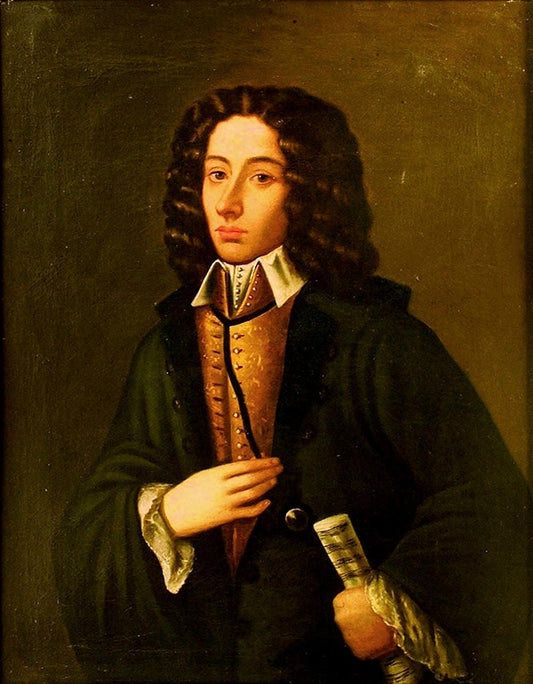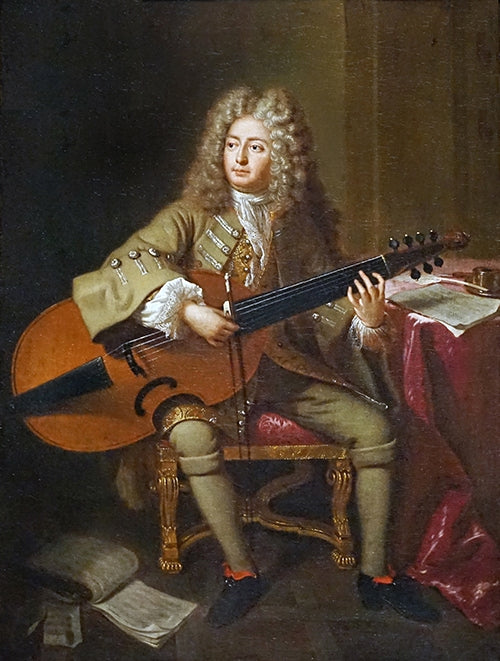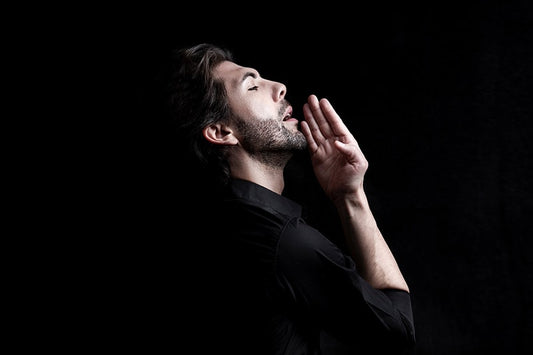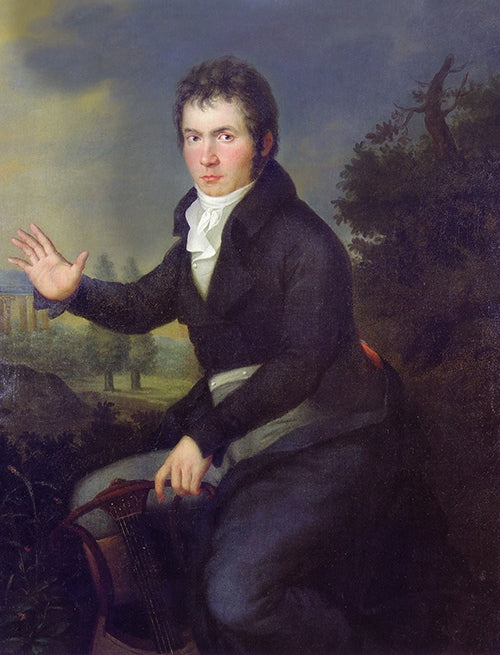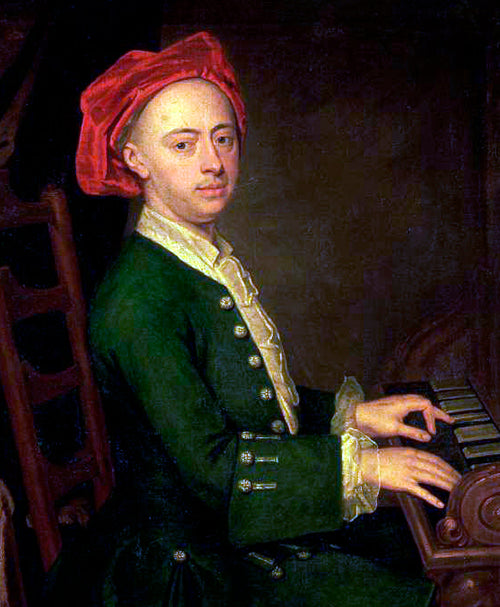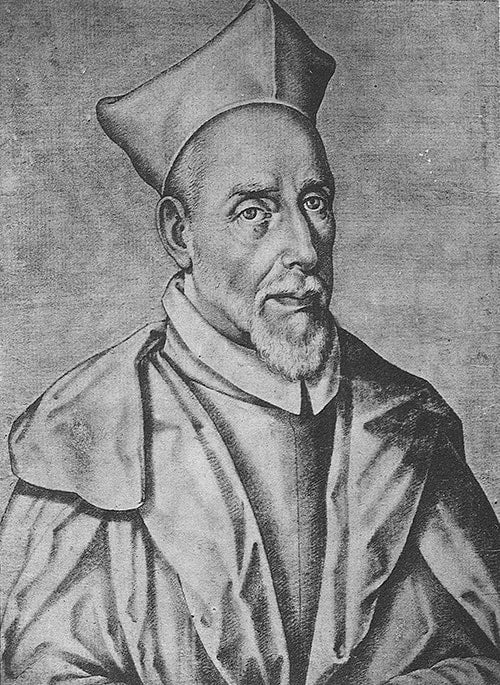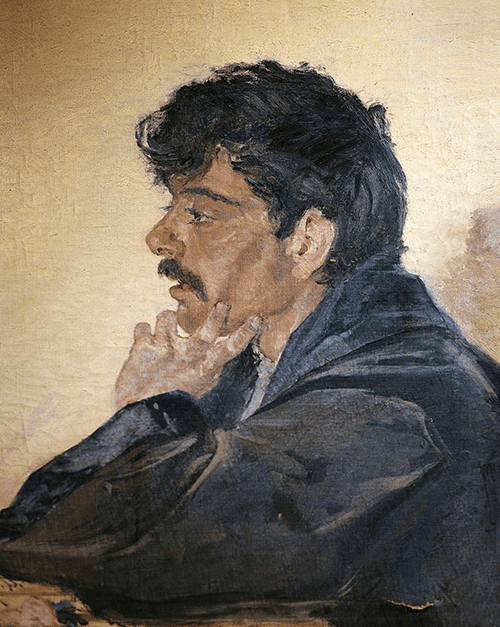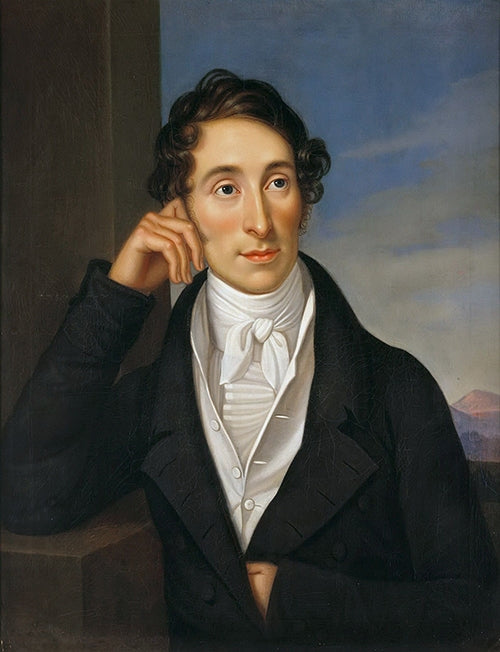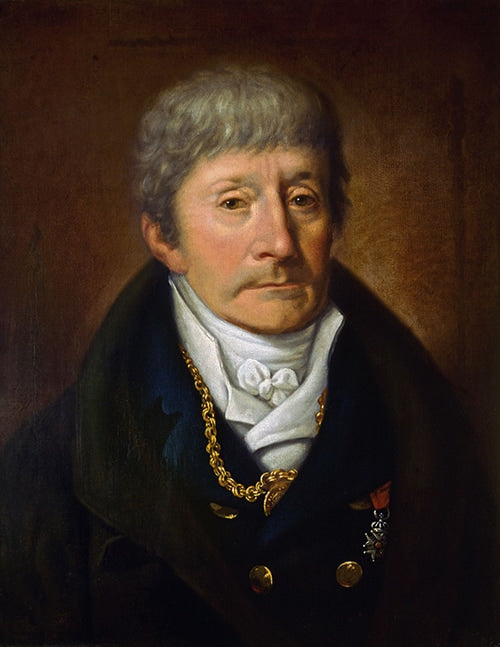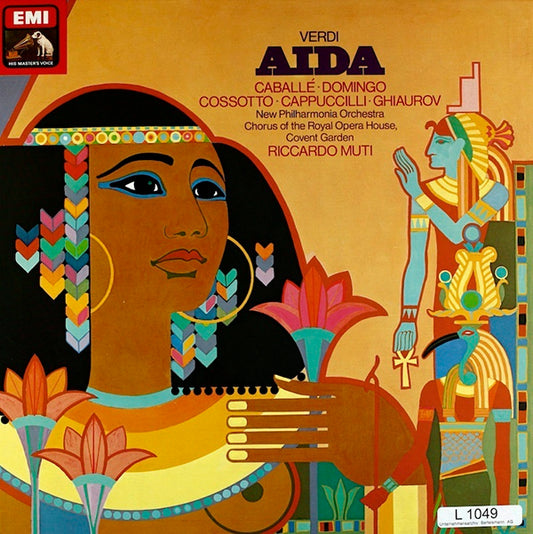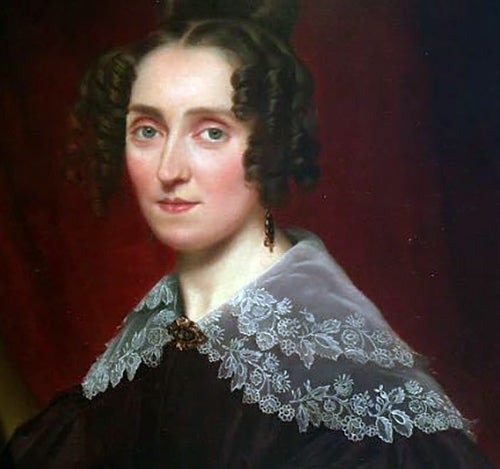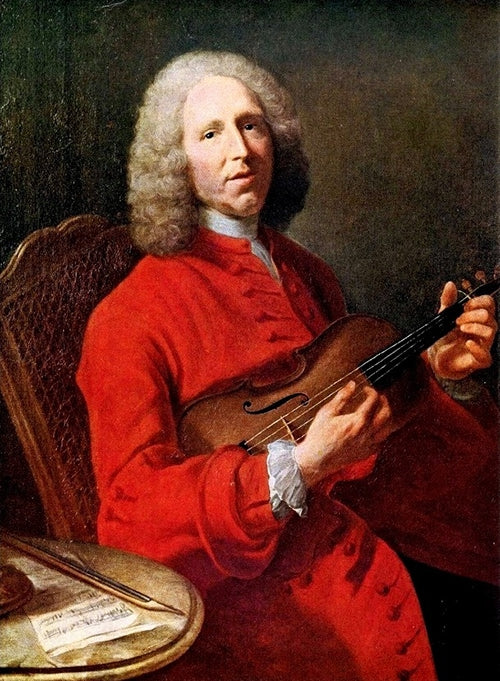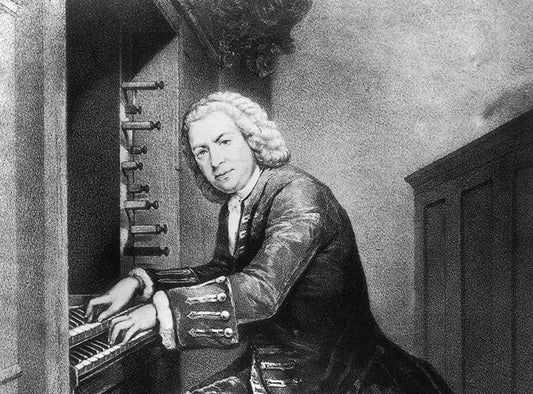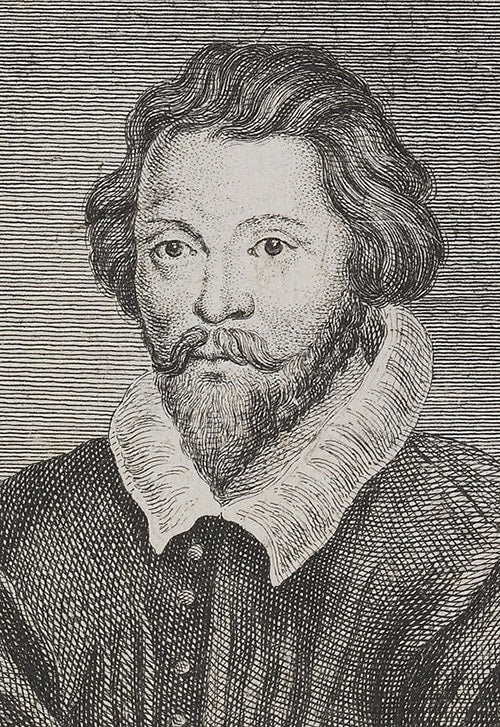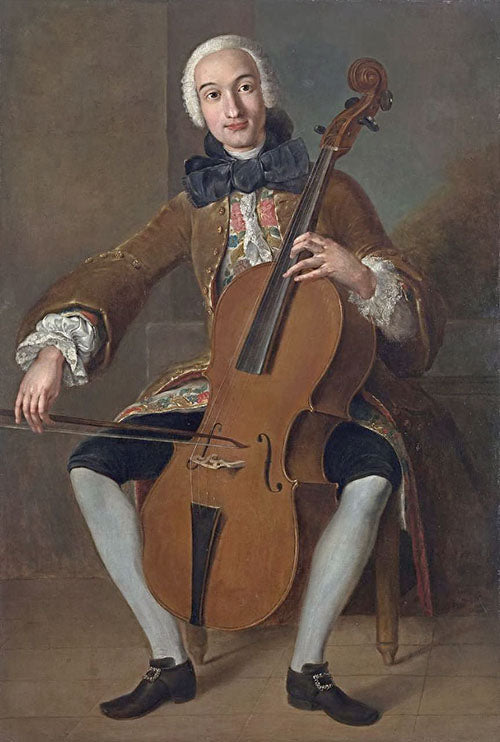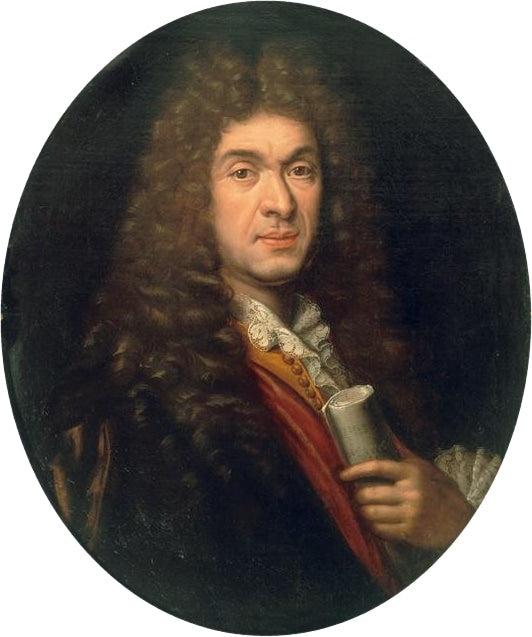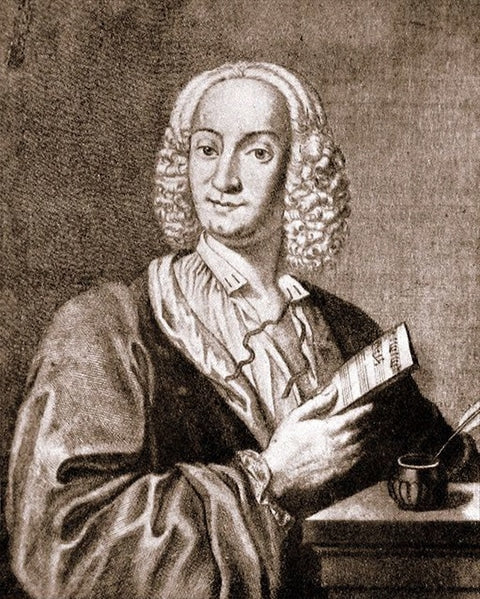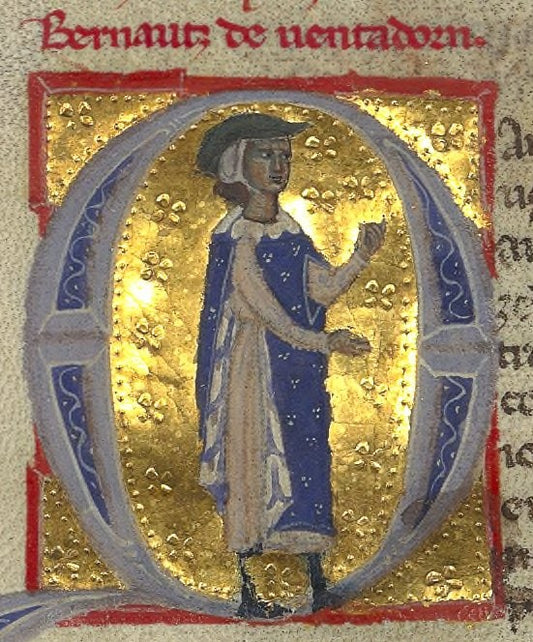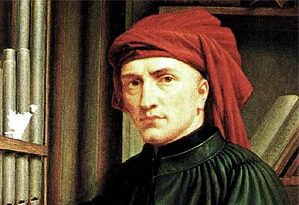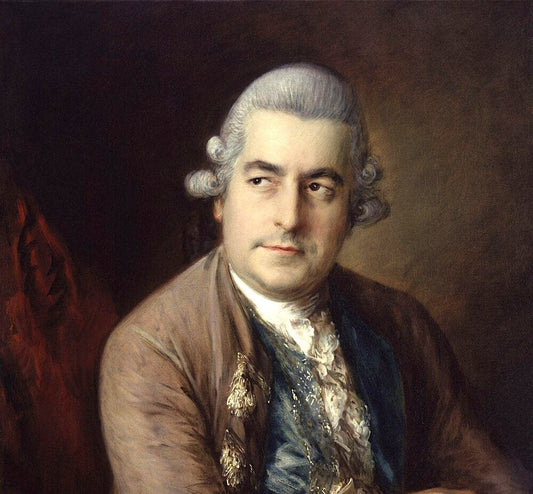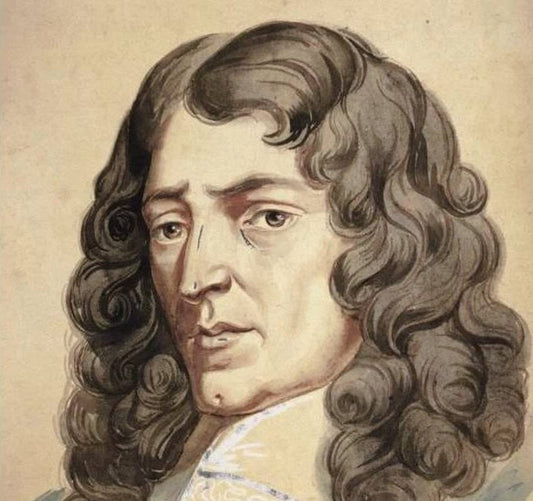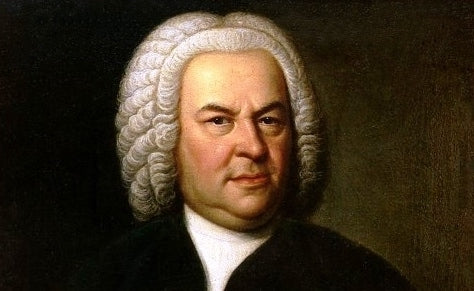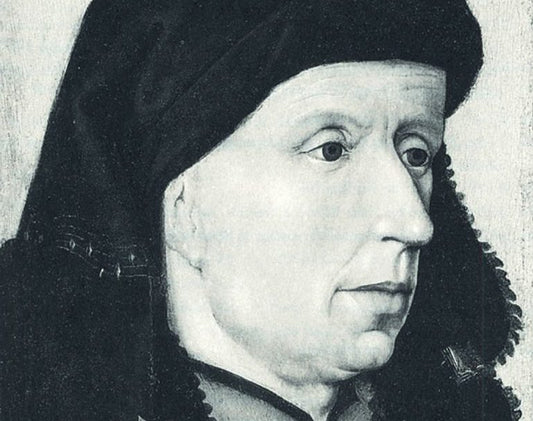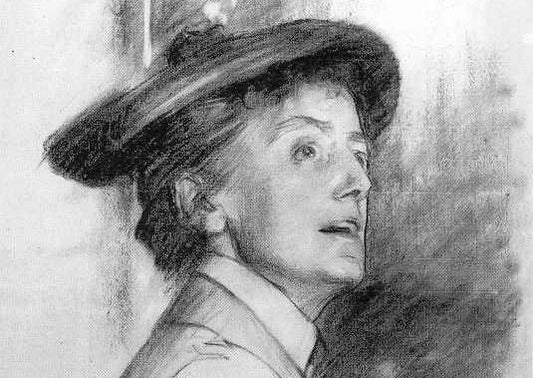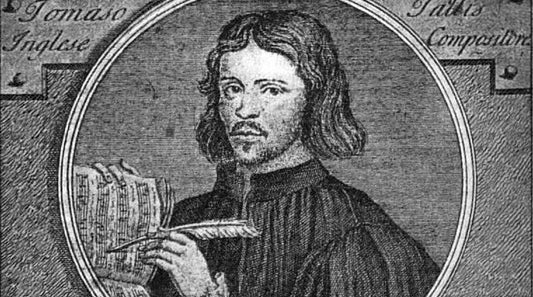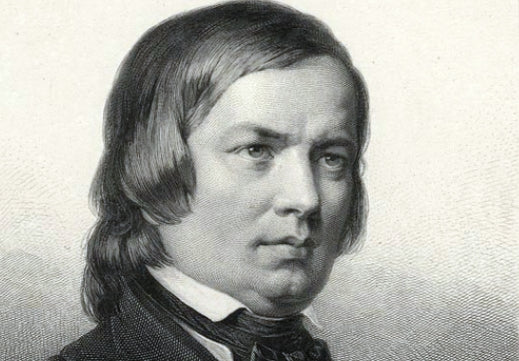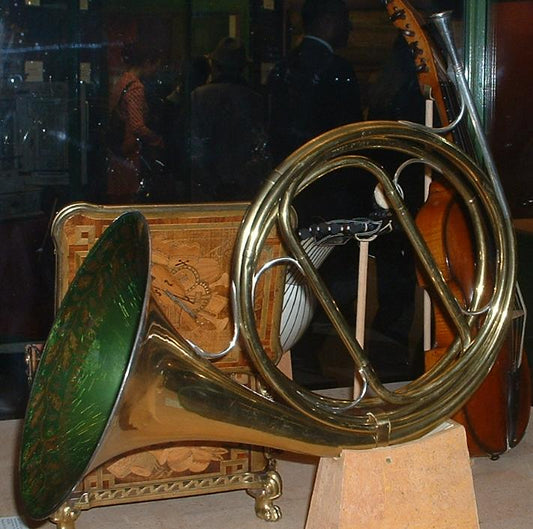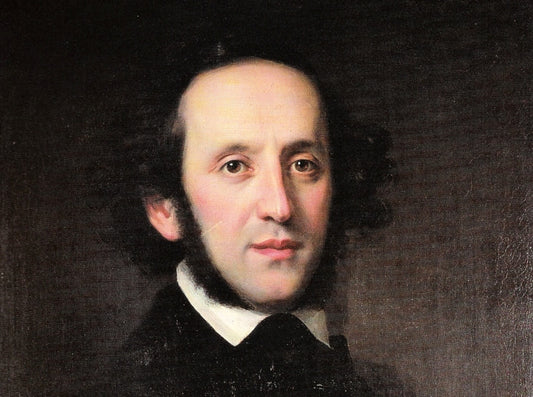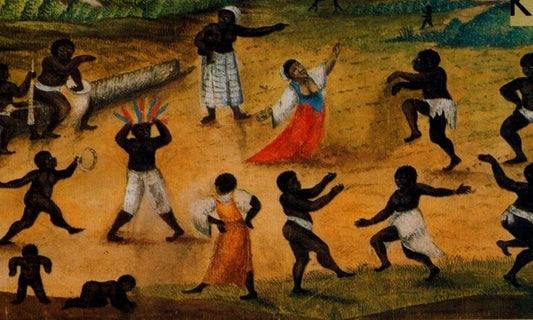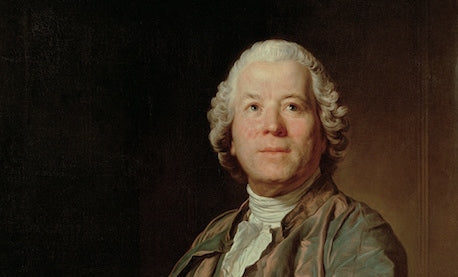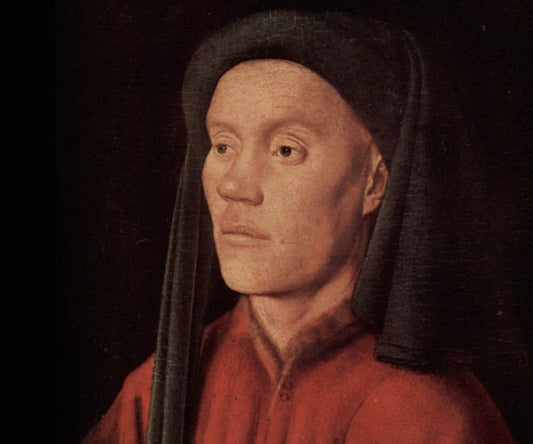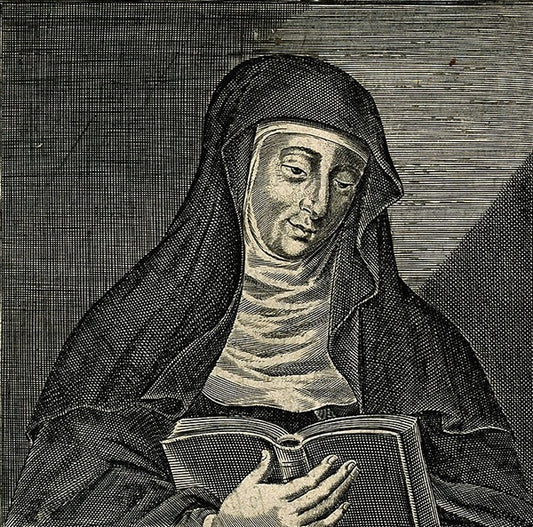Copper
Unusual Madrigals
“Madrigal” is one of those words that showed up in European music under vague circumstances, then stuck around long enough to change its meaning a few times. Most of us...
Élisabeth Jacquet de la Guerre: Virtuoso Harpsi...
There was never a more promising time than the late 17th century to be a musician in France. King Louis XIV, after all, loved music and dance as much as he...
Lute Music of the 16th and 17th Century
One of the defining factors of High Baroque music is the explosion in the number of instrumental pieces being composed. It’s easy to think of the 17th century and earlier as...
Benjamin Britten: Channeling England’s Musical ...
Some composers are particularly tuned in to the eras that led up to their own. Among the best examples is Benjamin Britten (1913 – 1976), who often seemed to channel...
Tomaso Albinoni: Recent Recordings of the Pre-B...
The passage of time can be rough on a composer. Consider Tomaso Albinoni (1671 – 1751), whose name is most often associated with a moving Adagio that he did not...
Living Colour: Rocking Past Stereotypes
Once Elvis Presley came along, followed by the British Invasion, rock and roll tended to be very…white. This tendency existed despite rock’s roots in the blues and gospel traditions, not...
Maurice Ravel’s Piano and Chamber Works
Maurice Ravel (1875 – 1937) may be best known and loved for his nuanced understanding of orchestration, as demonstrated in the slow and thrilling buildup to the climax of Bolero....
Medieval Vocal Polyphony: Modern Recordings of ...
In the 1990s, the height of the early-music CD boom, every week seemed to see the release of a disc of arcane repertoire from the 10th through the 14th centuries....
Exploring Rossini’s Works for Small Ensembles
Gioachino Rossini (1792 – 1868) is universally and rightly celebrated for his dozens of operas. But not everything Rossini wrote required massive forces; several recent recordings act as a guide...
Heinrich Schütz: Composing the Foundation for G...
Before J.S. Bach, Germany did not produce a lot of earthshaking composers. Among the few Bach predecessors who make the cut is Heinrich Schütz (1585 – 1672), primarily a composer...
The Chamber Music of Gabriel Fauré
Sometimes all it takes is one outstanding teacher to release a young student’s artistic gifts. French composer Gabriel Fauré (1845 – 1924) found such a mentor in Camille Saint-Saëns at...
Bach’s St. Matthew Passion: New Interpretations...
There have been some great creative duos in music history. The pairing of Mozart and librettist Lorenzo Da Ponte justifiably gets a lot of attention – they wrote Don Giovanni,...
Pietro Locatelli: Rediscovering a Master of Vio...
Pietro Locatelli (1695 – 1764) is one of those gifted Baroque composers who somehow didn’t remain a well-known name through the centuries. He may not be a hidden Bach or...
William Grant Still: Forging a New American Music
William Grant Still’s career might be described as good fortune and hard work forced to fight for air in a ruthlessly oppressive environment. As a Black boy raised in the...
Pianist Sarah Cahill: The Future Is Female
Pianist Sarah Cahill has never been interested in the established musical canon. Her whole career, she has sought out composers to collaborate with, most notably Terry Riley and Lou Harrison....
Ralph Vaughan Williams: A Master of Orchestrati...
On October 12, 2022, fans of 20th-century British music will have something to celebrate: the 150th birthday of Ralph Vaughan Williams (1872 – 1958). Stretching back to the Middle Ages,...
Orlande de Lassus: Magnificent Music for Voice
One of the most astonishing periods of European music history was the 16th century, when composers like Josquin Des Prez and Giovanni Palestrina rocketed polyphonic vocal writing to new levels...
Giovanni Battista Pergolesi’s Stabat Mater: Glo...
Music history textbooks usually bring up Giovanni Battista Pergolesi in the context of his contributions to comic opera, which influenced Mozart. But his religious works, particularly his setting of the Stabat...
Marin Marais’s Works for Viola da Gamba
Marin Marais (1656-1728) lived in Paris his whole life. That is, except for the many months of the year when he was stationed at Versailles as a musician for the...
Countertenors: New Takes on an Old Tradition
“Countertenor” is one of those musical terms that has meant many different things over the centuries. These days, it normally refers to a man who uses falsetto or head voice...
Beethoven Trios: Beyond Archduke
One of Ludwig van Beethoven’s most beloved works of chamber music is the so-called Archduke Trio, named after the Austrian nobleman it was dedicated to. But the Archduke is only one of over 20 pieces...
Semele: It’s Not Just an Opera by Handel
In ancient Greek mythology, Semele is a mortal woman favored by the god Zeus. She becomes pregnant with his child. When Zeus’ wife, Hera, finds out, she disguises herself as...
Francisco Guerrero: Catching On Again, Five Cen...
The Spanish composer Francisco Guerrero (1528 – 1599) might be nearly unknown outside of early-music and choral circles, but his name keeps popping up on albums over the past couple...
Alessandro Stradella: Magical Melodic Touch
Alessandro Stradella (1639 – 1682) was as colorful a figure as he was a great composer. The circumstances of his death were so dramatic (he was stabbed by a paid...
Carl Maria von Weber: 200 Years of Der Freischütz
The year 2021 marked the 200th anniversary of Carl Maria von Weber’s opera Der Freischütz. Several recordings acknowledged the benchmark, while others focused on Weber’s significant output of instrumental music. Weber, born...
Antonio Salieri: The Real Story
My heart goes out to Antonio Salieri. For the past few decades, he’s been best known as “that guy who had Mozart killed,” thanks to the film version of Peter...
150 Years of Aida
Like every other writer who appears on these gleaming digital pages, I can’t believe we’ve already reached Copper’s 150th issue. I’ve been here almost since the beginning, having contributed over 200...
Louise Farrenc: Pride of the Paris Conservatory
Born in Paris in 1804, Louise Farrenc grew up in a swirl of artsy types, the true embodiment of the bohemian spirit. Yet she must have been focused and disciplined...
Jean-Philippe Rameau: A New Take on French Opera
If Jean-Philippe Rameau (1683 – 1764) had not embarked on a new aspect of his musical career in middle age, the world would be deprived of some very fine operas....
Singing His Praises: Bach Cantatas
Among the 95 suggestions for improving Catholicism that Martin Luther nailed to the door of a Wittenberg church in 1517 was the radical idea that worshippers should be able to...
William Byrd: English Musical Inspiration
During the early Renaissance, European composers gushed over what they called the contenance angloise (English style) of polyphonic composition, which featured an acoustical richness that others tried to copy. Maybe it’s something...
The Chamber Music of Luigi Boccherini: Elegance...
In his own day, Luigi Boccherini (1743-1805) was decidedly retro. The Italian composer was trained first by his cellist father in the town of Lucca and eventually in the musically...
Jean-Baptiste Lully – The Sun King’s Favorite
In the 1600s, it was generally agreed that opera was the sole property of the Italians. So, if you happened to be a French king obsessed with big theatrical spectacles...
Arrangements of Vivaldi’s The Four Seasons
The Four Seasons is one of the most-recorded works in all of classical music. A quick search of Spotify yielded over 500 versions, and the results hadn’t even finished loading. With...
Troubadours, Trouvères, and Minnesingers
The word “troubadour” gets tossed around in the modern world to mean a performer, often a singer/songwriter who travels a lot. That’s not wrong, but when the word was invented...
Josquin des Prez – A New Approach to Musical Ex...
Music history often points to particularly innovative and influential composers as bridges from one stylistic era to another. There’s Beethoven, breaking through his elegant and rule-bound classical training to practically...
J.C. Bach: Not His Dad’s Baroque Music
In the music of Johann Christian Bach (1735-1782), the uncluttered elegance of the pre-classical style meets with a mind trained in the most elaborate and complex Baroque counterpoint. It’s an...
Marc-Antoine Charpentier: Italian Elegance in 1...
Marc-Antoine Charpentier (1643-1704) boasted two key requirements for a successful musical career in late 17th-century Paris: a well-connected father who could introduce him to potential patrons and two years’ worth...
Bach’s Goldberg Variations
According to an anecdote in an 1802 biography of J.S. Bach, the maestro had a harpsichord student named Johann Gottfried Goldberg who worked for a certain Count Kaiserling, an insomniac....
Rediscovering Johannes Ockeghem
Beethoven has enjoyed all kinds of attention in 2020 to celebrate his 250th birthday, but Johannes Ockeghem deserves a birthday party too. He’s turning 600. Never heard of him? Some recent...
Dame Ethel Smyth: Knight of the Musical Realm
In 1922, when she became the first female composer ever to be knighted by the British crown, Dame Ethel Smyth (1858-1944) solidified a reputation she’d fought for her whole career....
Thomas Tallis: Music for Kings
When your job is to compose music for kings, it’s in your best interest to bow to their royal whims. That need for adaptability was particularly keen for English composer...
Poet’s Love: Schumann’s Dichterliebe
Completed in 1840, Robert Schumann’s song cycle Dichterliebe (Poet’s Love), Op. 48, sets 16 poems by Heinrich Heine for solo voice and piano. Today it is considered one of the great examples...
The Natural Horn: Recent Recordings
French horn is a notoriously difficult instrument to play at a virtuosic level, but that’s nothing compared to the challenge of playing its predecessor, the natural horn. This instrument looks...
Mendelssohn Piano and Violin Concertos
Felix Mendelssohn (1809 – 1847) was one of the great pianists and piano-music composers of his day. His parents sent him to first-rate music teachers in Berlin and Paris who...
Interpreting Purcell, Redux
Henry Purcell (1659-1695) lived at an expansive time in British music history, when artistic freedom had been restored after a generation of repressive Puritan control. Somehow this allowed Purcell to...
The Baroque in Central and South America
When we hear the term “Baroque music,” most of us automatically picture the ornate courts of Europe in the 17th and early 18th centuries, with the music of Vivaldi or Bach being...
Gluck’s Orfeo ed Euridice
Christoph Willibald Gluck (1714-1787), today a largely under-appreciated composer, was an important influence on Mozart, primarily because of his approach to writing operas. Happily, some of his works do get...
Guillaume Dufay
In the days when Jan Van Eyck and his ilk were painting lush portraits and still lifes in the Netherlands, the same patrons who supported visual arts also poured their...
Hildegard of Bingen
Hildegard of Bingen (1098-1179) is one of the most important composers of medieval sacred music, revered today for an unfettered and original style that has little to do with what...

